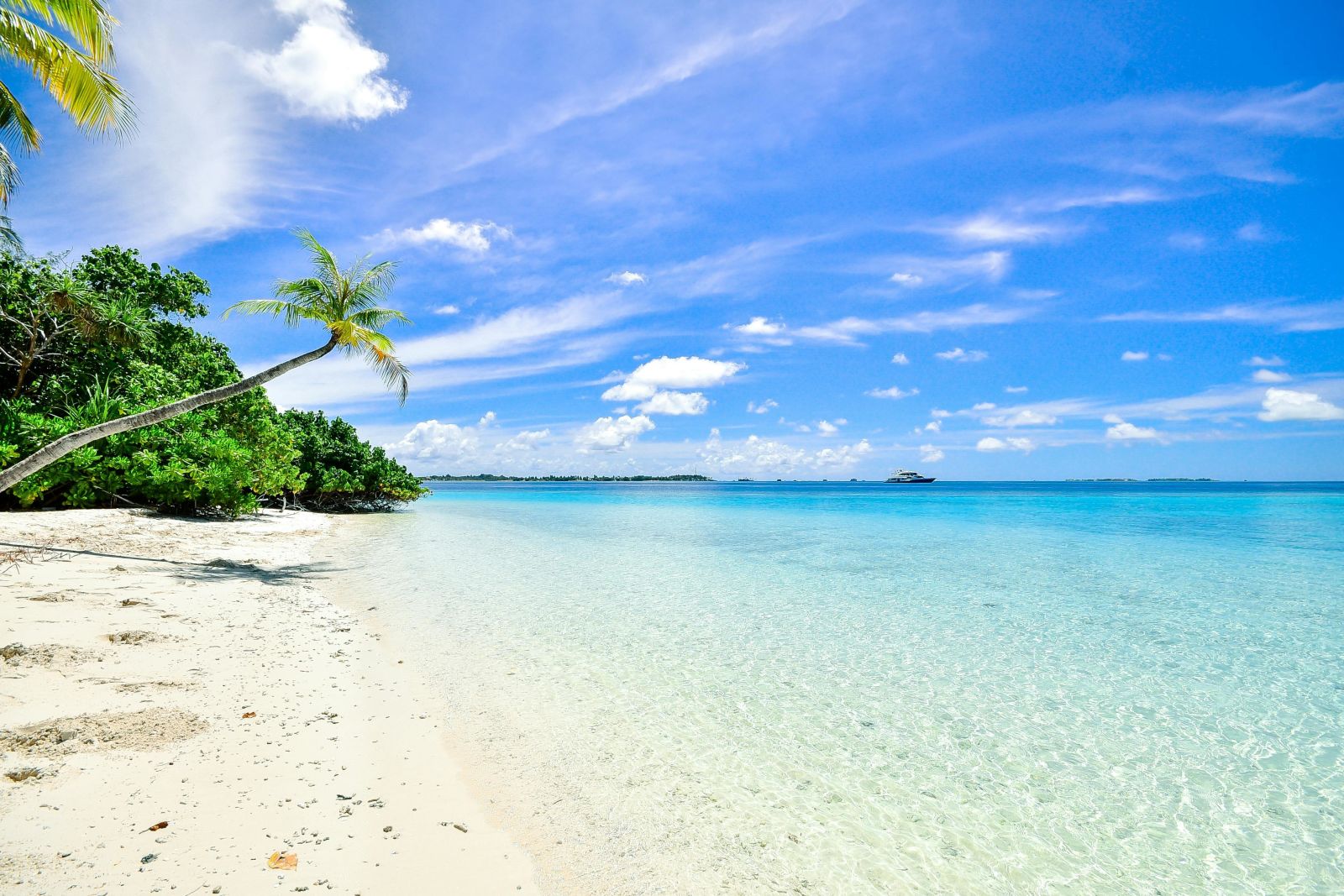What is the difference between a carry-on and a personal item?
Ever stood at the airport wondering if your backpack was a carry-on or a personal item? You're not alone. The main difference is the size since you can bring both to the main cabin. A carry-on bag is the main cabin luggage, like a duffel bag or small suitcase, that you will store in the overhead bin. Personal items are smaller bags, usually a handbag or laptop case, that will fit under the seat in front of you.
How many carry-on bags can you bring?
The number of allowed carry-on bags depends on your airline and ticket type. If you book an economy ticket, the rules are different from those for business class. Most UK airlines, like British Airways and easyJet, allow one carry-on bag with your economy ticket. In budget airlines, like Ryanair and Wizz Air, an economy ticket allows only one small personal item unless you pay extra for a carry-on bag.
If you are flying business or first class, you'll usually get two carry-on bags plus a personal item. Airlines like Virgin Atlantic and British Airways allow two cabin bags as long as they don't exceed a combined weight of 50.7 lbs, which is ideal for those who pack extra.

